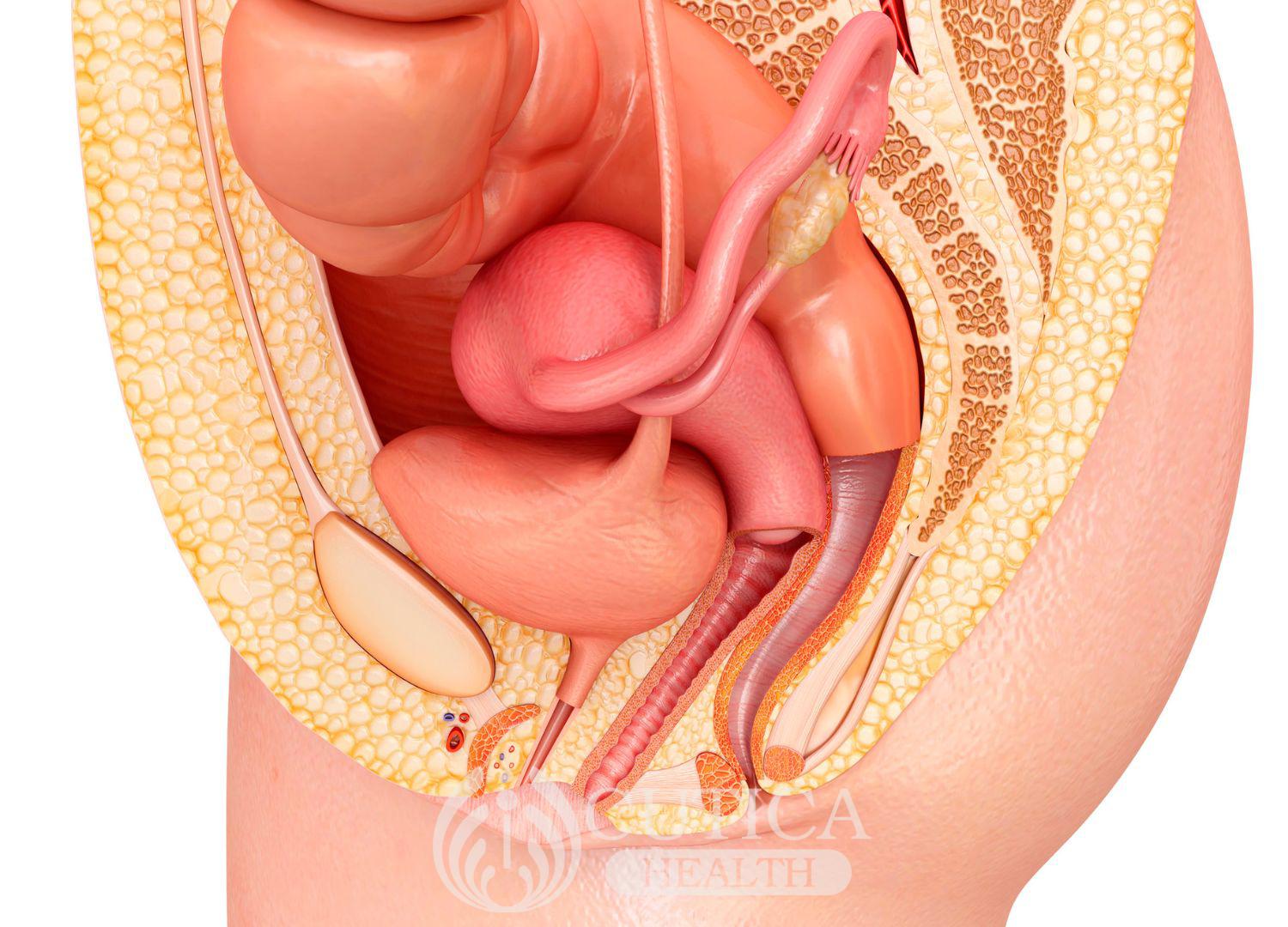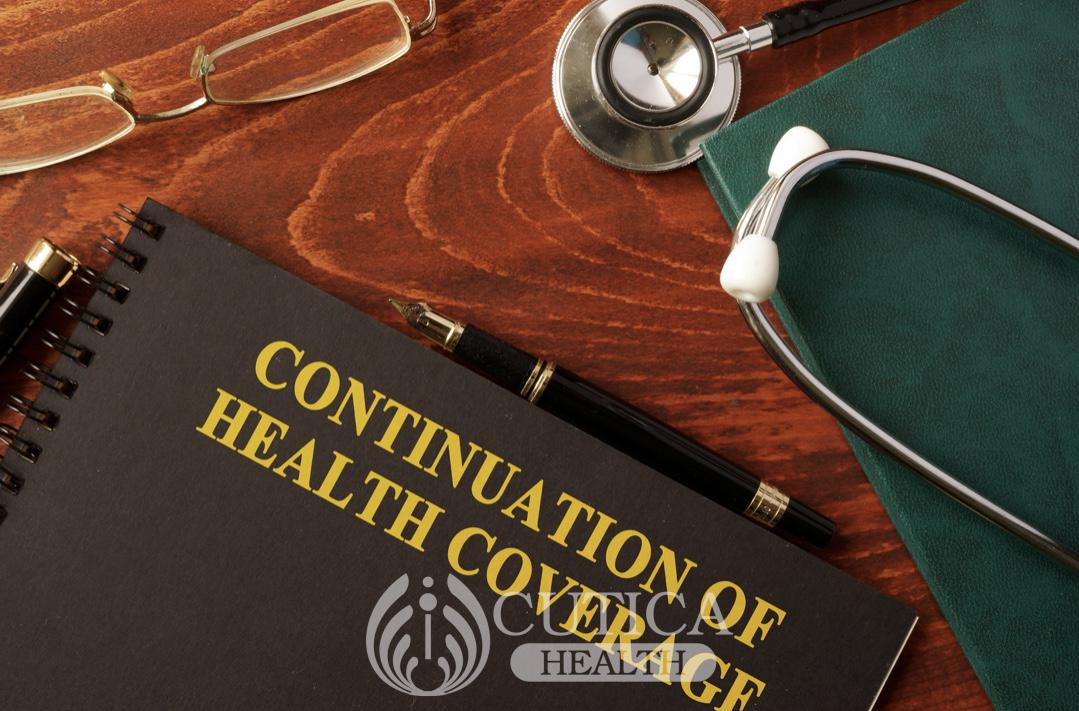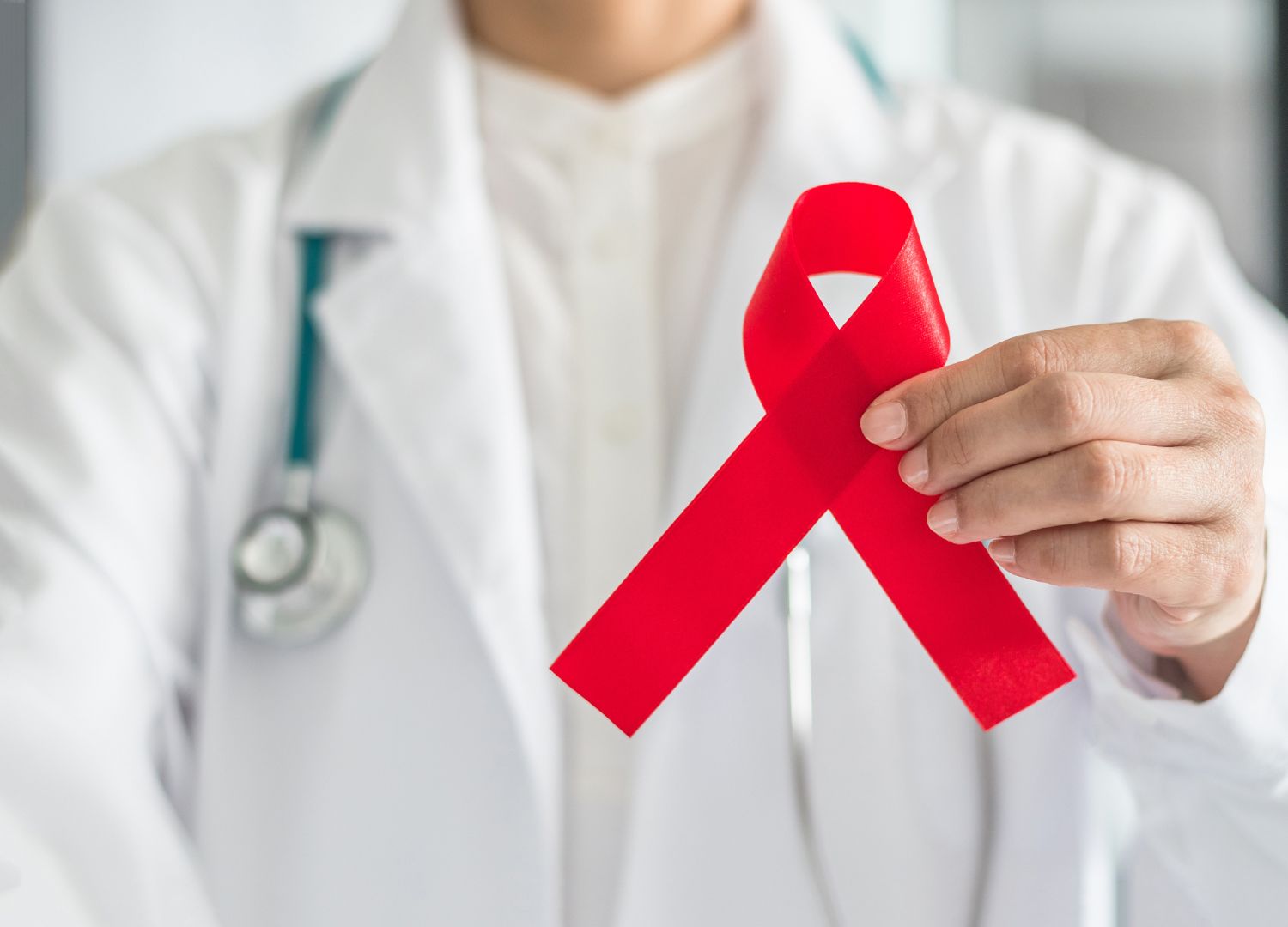
Reproductive health is a state of complete physical, mental and social well-being and not merely the absence of disease or infirmity, in all matters relating to the reproductive system and to its functions and processes (WHO).
This says that people are not healthy in their reproductive health if they are unable to have a satisfying and safe sex life and are unable to have the capability to reproduce and the freedom to decide if, when and how often to do so. Nigeria is the most populous black nation and the seventh most populated country in the world with over 200 million people living in it.
In 1994, Nigeria was among the 194 countries that signed the Reproductive Health policy document from the International Conference on Population and Development. Nigeria is also developed a local action policy document, the National Reproductive Health Policy, in 2001 which identified the Reproductive Health needs of the Nigerian citizenry. Then, the National Reproductive Health Strategic Framework and Plan of Action was developed to translate the National Policy into actionable plans.
But despite the apparent interest of the Nigerian government in improving the reproductive health indices of Nigeria, the reproductive health indicators remain very poor. For example the total fertility rate in Nigeria is 5.2 births per woman higher than the average fertility rate in Africa of 4.3 births per woman.
The Nigerian maternal mortality ratio is 917 deaths per 100,000 live births ranking as one of the highest in Africa with modern contraceptive prevalence of 13% thus increasing the risk of unwanted pregnancies and worsening maternal mortality. Antenatal visit prevalence at 61% which is below the African average of 67%. This posits that a significant percentage of pregnancies will be unsupervised and increasing the risk of pregnancy related complications. 
The estimates of HIV prevalence of 1.4% among men and women of the reproductive age group is a notable but access to care for HIV positive patients remain low. Drivers of these indices include the lack of proper information on reproductive health, unsafe sex leading to increased rates of unsafe abortion and other post abortion complications. The lack of access to care for sexually transmitted infections and other reproductive health issues results in infertility. Teenage pregnancy, female genital mutilation, sexual abuse and domestic violence are other issues that arise in relation to reproductive health in Nigeria.
Addressing these challenges remain important in dealing with the current reproductive health challenges in Nigeria. The National Reproductive Health Strategic Framework and Plan of Action is a wonderful policy document which should be looked at closely. This is to ensure that challenges to proper deployment and efficient implementation are identified.
Government policies remain a huge determinant of success of health interventions and is the backbone of meaningful health advancement. Private sector engagement is also important to augment the government policies. Non-governmental Organisations (NGOs) have been helping to improve the reproductive health indices by addressing pertinent issues such as HIV/AIDS treatment, contraceptive coverage, antenatal care, sexually transmitted infections, etc. Synchronization of efforts by these NGOs will help to improve the reproductive health of Nigeria. 
The commitment of Nigeria to surmounting her reproductive health challenges is indeed high. But this commitment must be translated to improving health indices in the country. Strategic planning and implementation remain the only way to achieve this.












